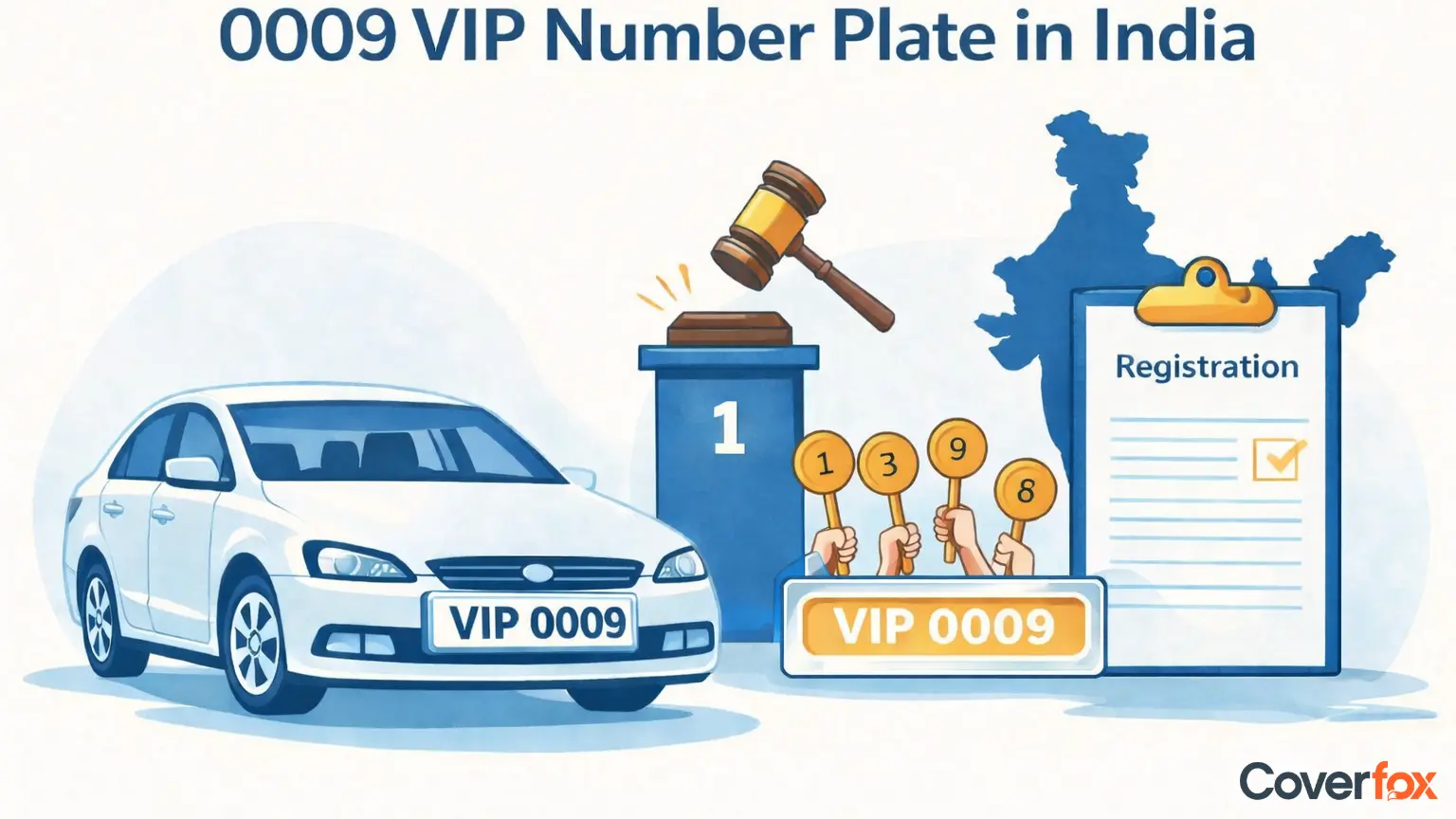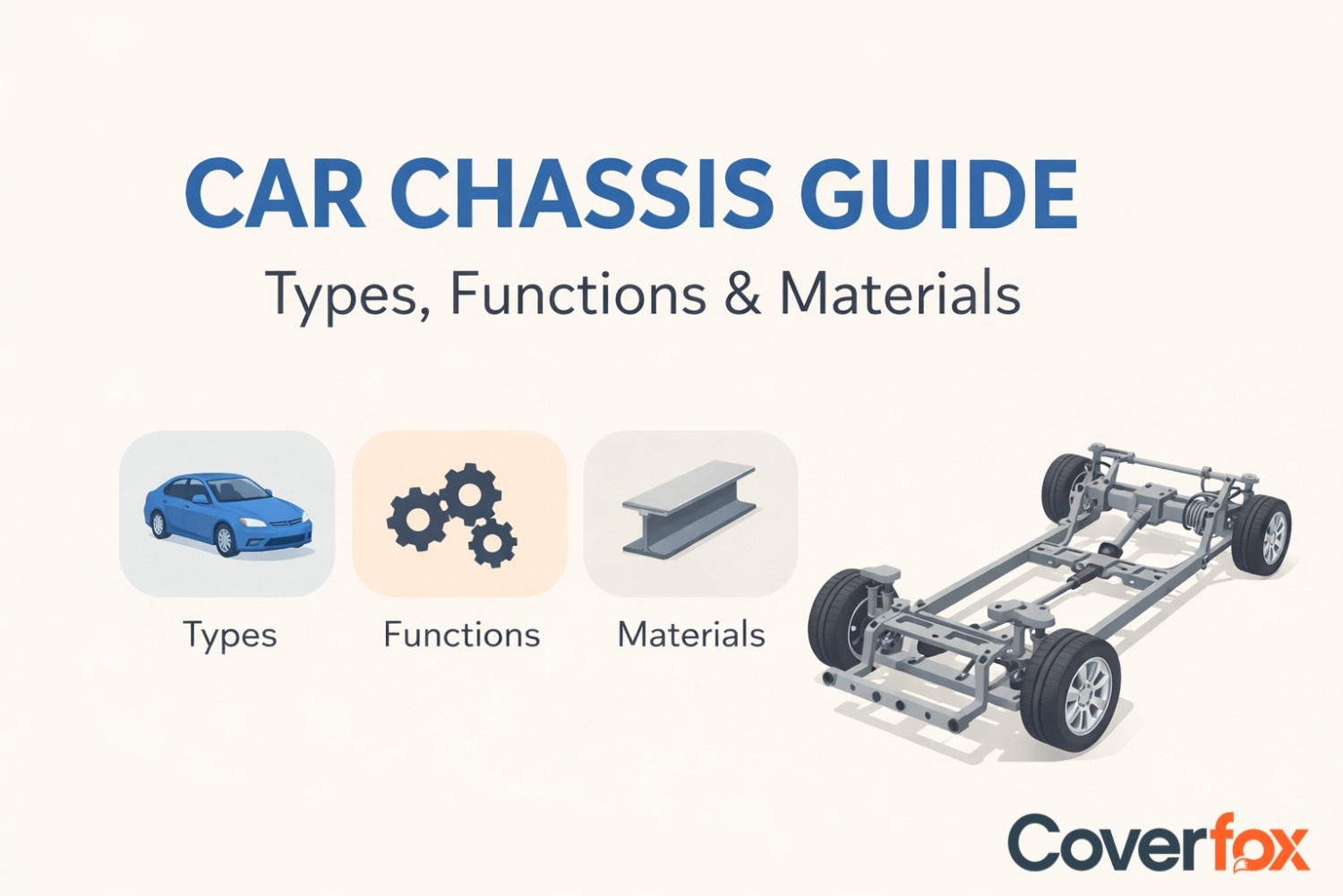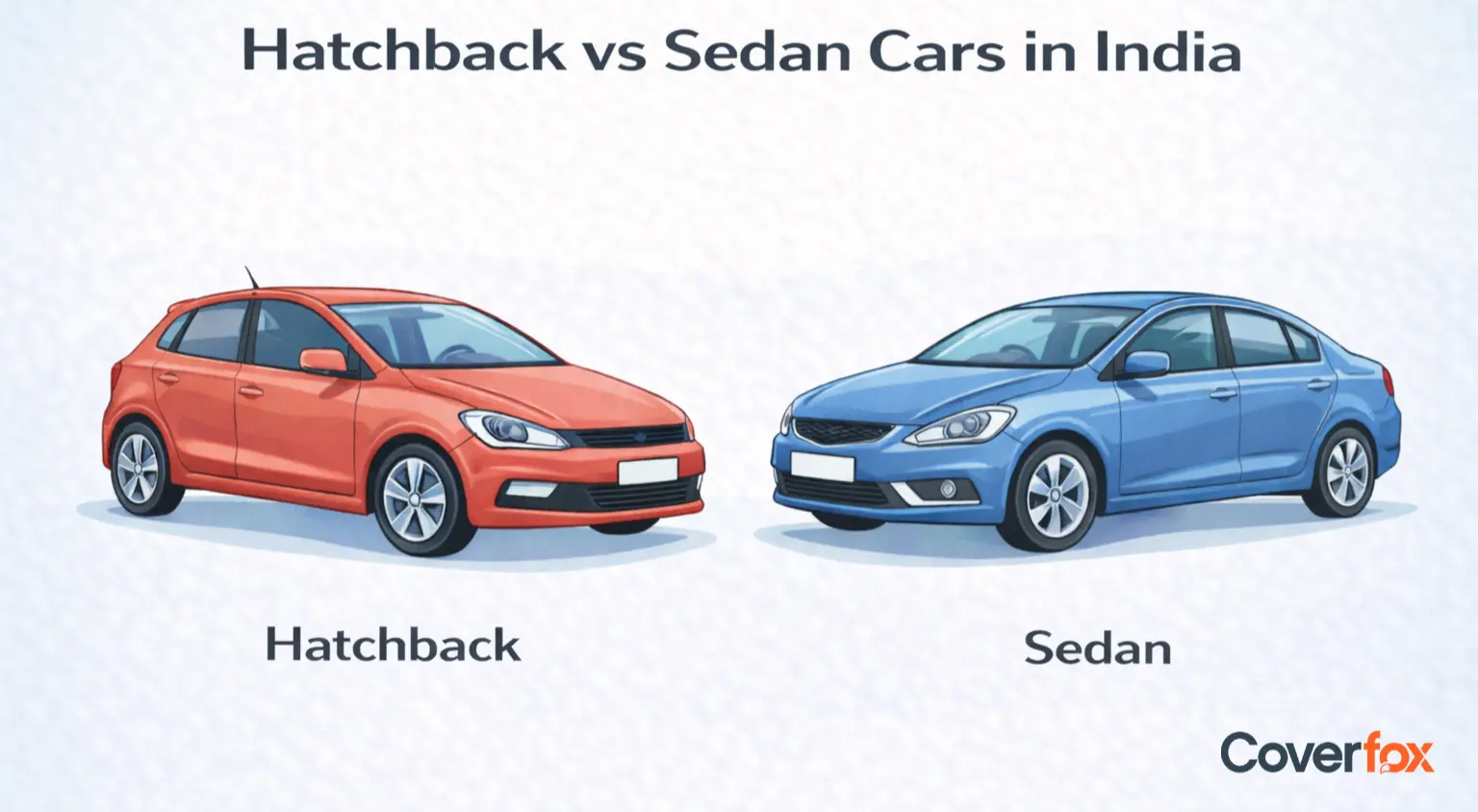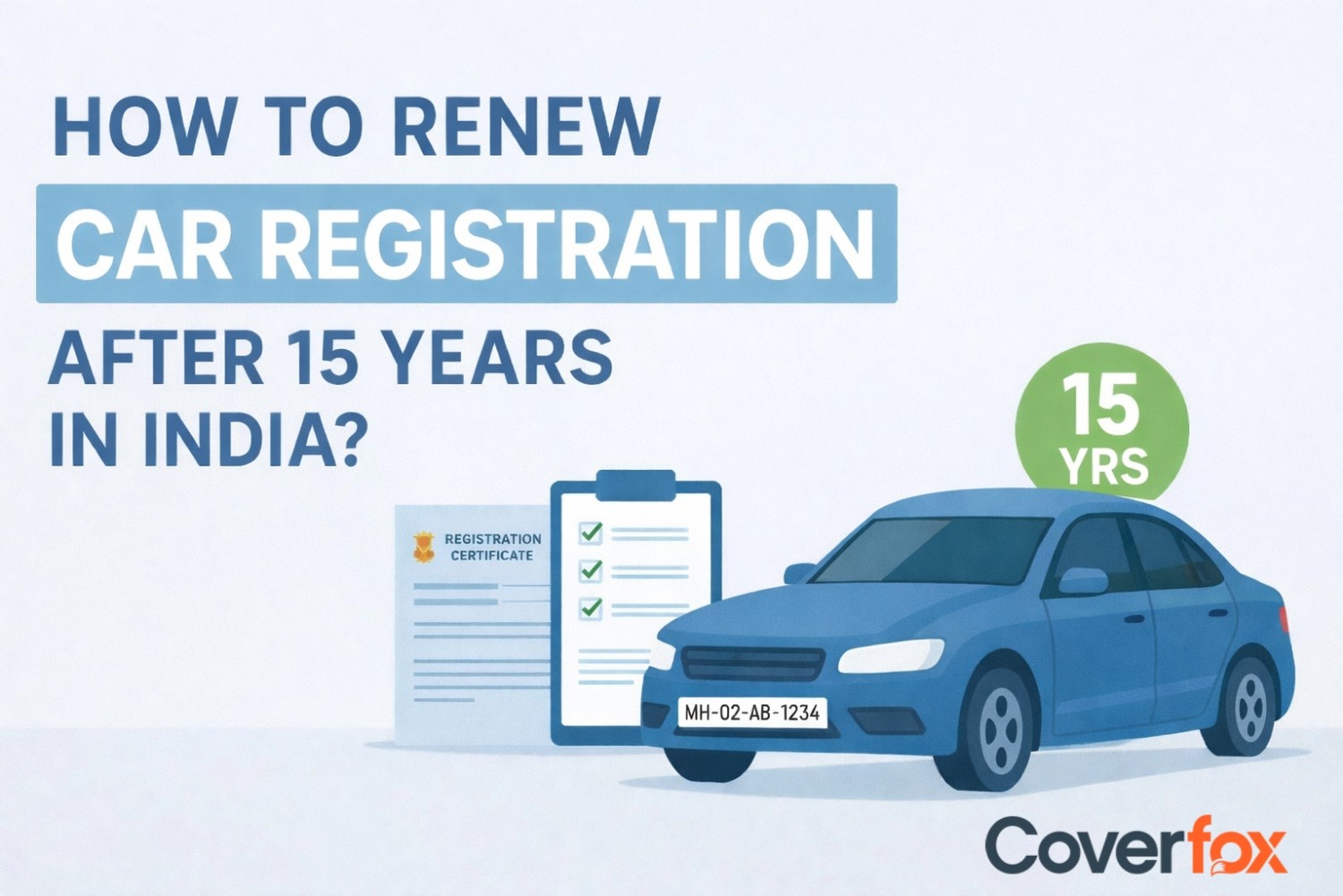Suffering major car damage or theft can be overwhelming—especially when repairs cost more than the vehicle’s worth. In such situations, your insurance may declare the car a ‘total loss.’ Understanding what that means, how insurers calculate it, and how to file a claim can help you recover faster and avoid disputes.
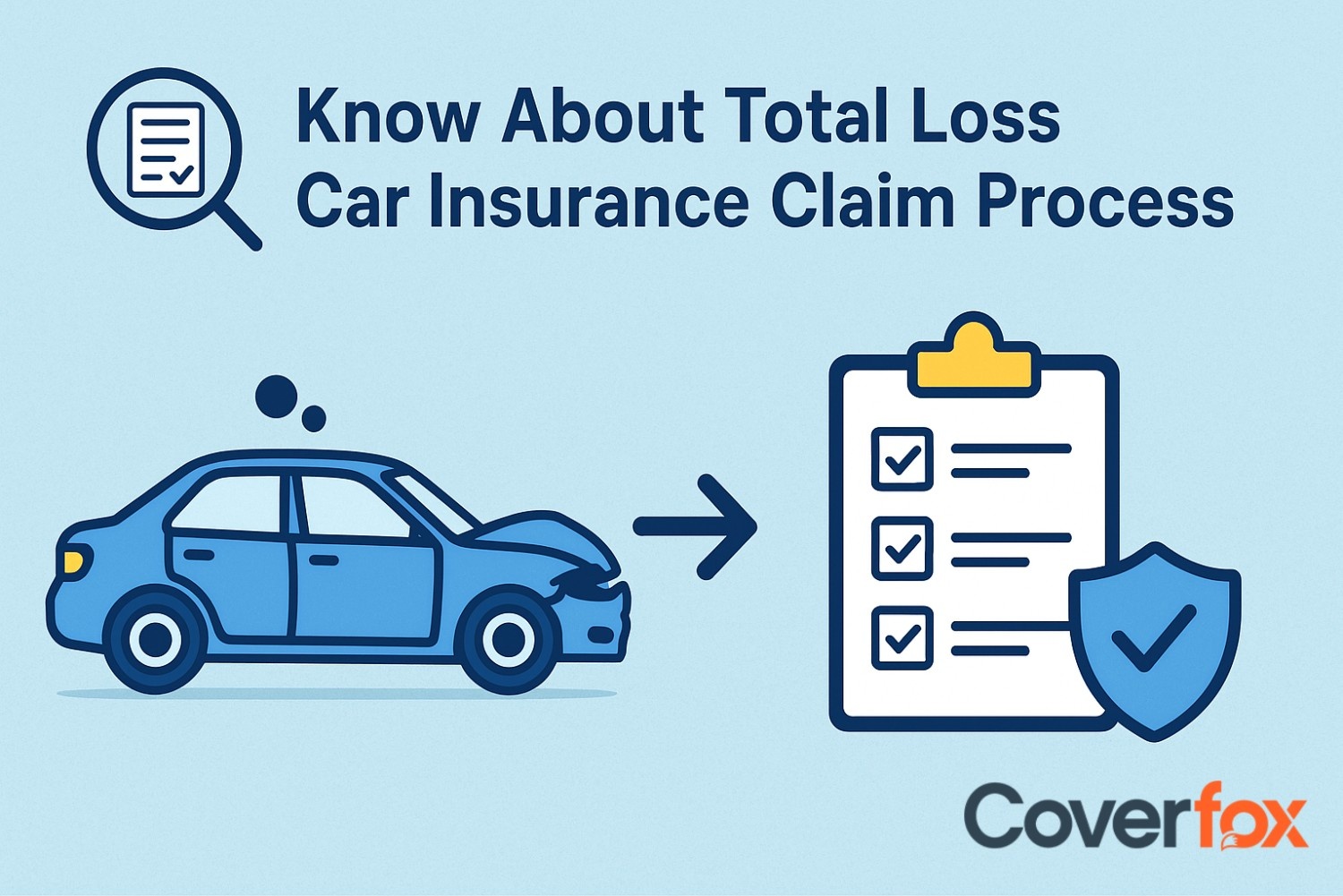
This comprehensive guide will walk you through what constitutes a total loss, how insurance companies determine it, the claim process, and essential considerations to ensure you're well-prepared.
What is a Total Loss in Car Insurance?
A vehicle is considered a total loss in car insurance when the repair cost is higher compared to the car’s current value or when the car is stolen and cannot be recovered. In India, a car is usually declared a total loss when the estimated repair cost exceeds about 75% of the Insured Declared Value (IDV)—though some insurers may use slightly different percentages as per IRDAI guidelines.
For example, if your car’s IDV is ₹6 lakh and repair costs reach ₹4.8 lakh, your insurer may declare it a total loss and compensate you based on the IDV.
It usually happens in two cases:
- Accidental Damage: The cost of repairs exceeds a fixed percentage (often 75% or more) of the car’s IDV.
- Theft: If the car is stolen and cannot be recovered, it is also treated as a total loss.
In such scenarios, the insurer pays the policyholder the IDV of the vehicle instead of covering repair expenses.
Constructive Total Loss (CTL) Explained
A Constructive Total Loss (CTL) occurs when repairing your car plus its salvage value costs more than its current market worth. Even if repairs are technically possible, it’s not financially sensible. In such cases, insurers declare CTL and pay you the IDV. Typical CTL situations include severe collisions, floods, or fires, where restoring the car isn’t economically viable.
Insured Declared Value (IDV): A Quick Summary
The IDV is the current market value of your vehicle and is the maximum sum insured in case of total loss or theft. It is calculated based on the manufacturer's listed selling price, adjusted for depreciation over time. Determining the IDV accurately is important because it affects both your premium and the claim amount. To verify your car’s IDV, you can check the insurer’s policy schedule or refer to IRDAI’s depreciation table. Setting an accurate IDV helps you avoid paying excess premium or receiving a lower payout at claim time.
How Do Insurers Determine a Total Loss?
Once a claim is filed, the insurance company determines the extent of damage to your vehicle. A surveyor is assigned to calculate the repair costs and determine if they are more than 75% of the IDV of the vehicle. The insurer’s surveyor plays a crucial role here—they inspect the car, prepare a repair estimate, and submit a report determining whether it qualifies as total loss or CTL. Always ask for a copy of the surveyor’s report for transparency. If the repair costs exceed 75% of the IDV, then it is considered a total loss. If the repair costs are higher than the market value of the vehicle, then it is called a Constructive Total Loss (CTL).
Total Loss Claim Process
Navigating a total loss claim involves several steps:
- Immediate Notification: Inform your insurer promptly after the incident. Timely communication is crucial for a smooth claim process.
- Documentation: Gather essential documents, including:
- Filled and signed claim form.
- Copy of the vehicle's Registration Certificate (RC).
- Driver's license copy.
- First Information Report (FIR) in case of theft or major accidents.
- An estimate of cost for repairs from an authorized garage.
- Assessment of Vehicle: A surveyor is assigned by the insurer to inspect the vehicle and assess the extent of damage.
- Claim Approval: The decision on the claim is arrived at by the insurer based on the report submitted by the surveyor. If declared a total loss, the settlement is the IDV minus any deductibles.
- Settlement and Transfer: The insurer pays the amount after agreement. You'll need to transfer ownership of the vehicle to the insurer. This involves handing over keys and other relevant documents.
How Total Loss Settlements Work in Car Insurance
In India, car insurance companies settle a total loss claim as per the IDV and the current market value of the car. The total loss settlement amount is calculated based on the depreciation of different car parts and the age of the vehicle. The payout depends on these factors and reflects the current market value of the car rather than its original purchase price.
Depreciation of Car Parts
- Nylon, tyres, tubes, rubber & plastic parts, and batteries: 50%
- Fibreglass components: 30%
- Glass components: Nil
- Paint work: 50%
Depreciation Based on Age of Vehicle
- New vehicle: 5%
- 6 months – 1 year: 15%
- 1 – 2 years: 20%
- 2 – 3 years: 30%
- 3 – 4 years: 40%
- 4 – 5 years: 50%
- Above 5 years (for obsolete models): Mutually decided between insurer and owner
Once your car is declared a total loss, the insurer compensates you based on the IDV—which reflects your car’s current market value, not its original cost. The amount also factors in depreciation, depending on the car’s age and parts.
Factors That Affect the Actual Cash Value
The Actual Cash Value (ACV) is the amount an insurer will pay you if your vehicle is declared a total loss. It represents the current market value of the car at the time of the loss, rather than the original purchase price. Several factors influence how the ACV is determined, as insurers aim to reflect the fair replacement value of the vehicle while accounting for wear, usage, and market conditions. This is affected by:
- Depreciation: Vehicles depreciate with time. Older cars have lower ACV.
- Brand and Model: There are brands and models that better retain value.
- Mileage: High mileage will reduce the vehicle's value.
- Condition: Pre-existing damages or wear and tear affect valuation.
- Market Demand: For popular models, there will be a higher ACV due to increased demand.
Settlement in Case of Theft
If your vehicle is stolen and not recovered, it is considered a total loss. You’ll also need to submit the ‘No Trace Certificate’ from the police confirming the vehicle hasn’t been found within 90 days (timeline may vary by state). Once verified, the insurer processes your claim as per IDV.
Tips to Ensure a Smooth Total Loss Claim
Filing a total loss claim can feel overwhelming, but being prepared makes the process much easier. By taking a few proactive steps, you can ensure faster approval and fair compensation from your insurer.
- Accurate IDV Declaration: Ensure your policy reflects the correct IDV to receive fair compensation.
- Maintain Records: Keep all vehicle-related documents updated and accessible.
- Instant Communication: Report such incidents to the insurer immediately to avoid delay.
- Know Your Policy: Understand your policy terms, particularly of total loss conditions.
Which Law Affects Total Loss?
The process is governed by IRDAI (Protection of Policyholders’ Interests) Regulations and the Indian Contract Act, 1872. Additionally, Section 55 of the Motor Vehicles Act, 1988 mandates notifying your RTO within 14 days if your car is permanently destroyed or written off. Submit your RC for cancellation and retain the acknowledgment for record. The owner must submit the vehicle’s registration card and complete the process to cancel the vehicle registration. Together, these regulations ensure that both the insurance claim and the legal status of the vehicle are properly handled after a total loss.
To Conclude
Experiencing a total loss is never easy, but understanding how the process works can help you recover faster. Ensure your policy’s IDV is accurate, communicate promptly with your insurer, and maintain proper documentation. Being informed gives you confidence to handle the claim smoothly and secure fair compensation.
Also Read:
Compulsory and Voluntary Excess in Motor Insurance
All about IDV in Car Insurance
Risks Covered By The Comprehensive Car Insurance
Frequently Asked Question
What is considered a total loss in car insurance?
A car is considered a total loss when repair costs exceed about 75% of its IDV, or when the car is stolen and unrecovered.
How much will I receive if my car is a total loss?
You’ll typically get the IDV (Insured Declared Value) minus applicable deductibles.
How long does a total loss claim take?
It usually takes 2–4 weeks depending on surveyor assessment, document verification, and insurer approval.
Can I keep the car after a total loss claim?
Usually no—the vehicle’s ownership transfers to the insurer, but you may request to buy back the salvage at a mutually agreed price.
Will a total loss claim affect my No Claim Bonus (NCB)?
Yes, it resets your accumulated NCB to zero.
Disclaimer: This information is for general awareness only. Total loss thresholds, claim timelines, and IDV calculations may vary by insurer. Always refer to your policy document or consult your insurer for specific terms
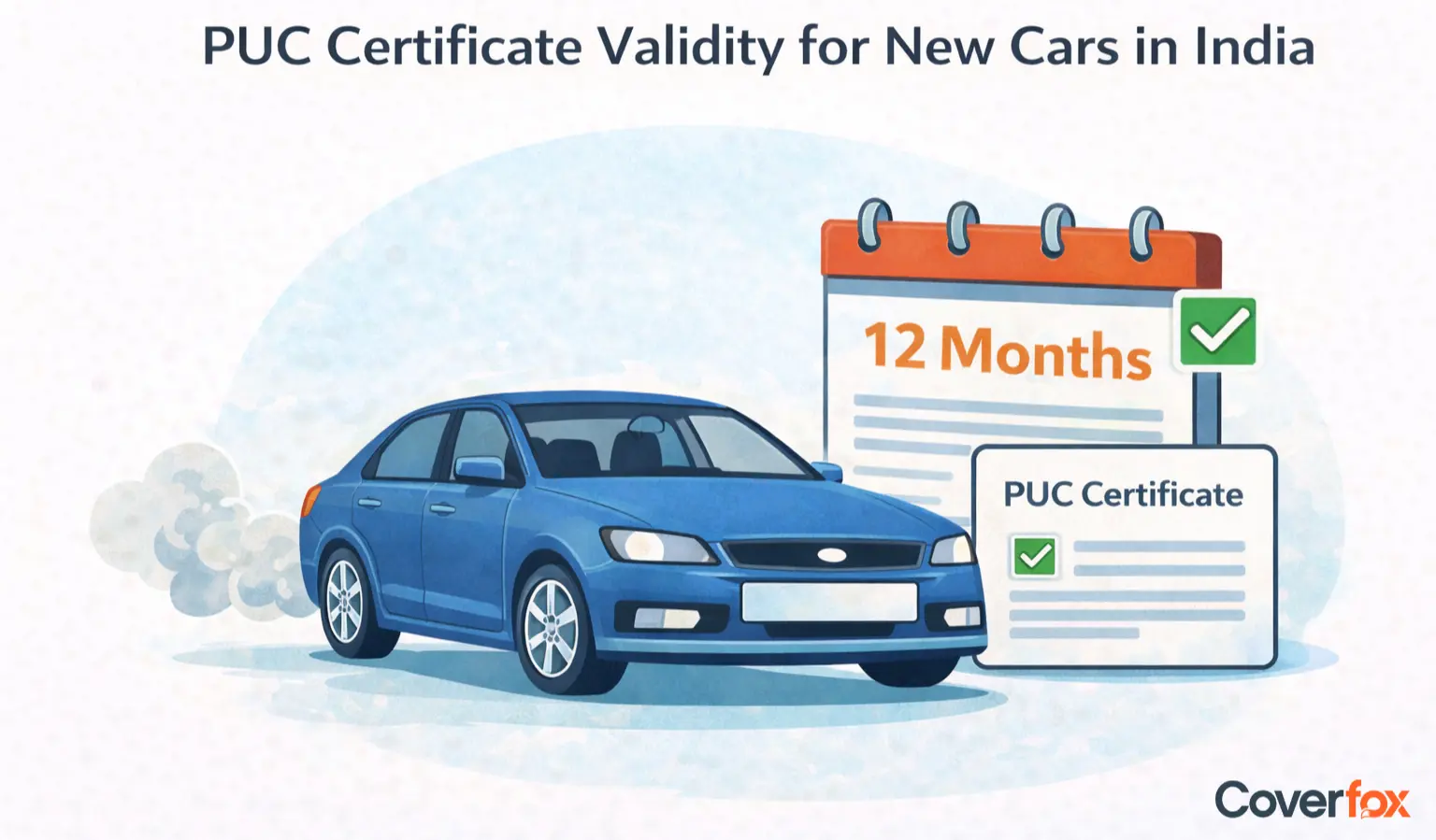
 in Car.webp)
